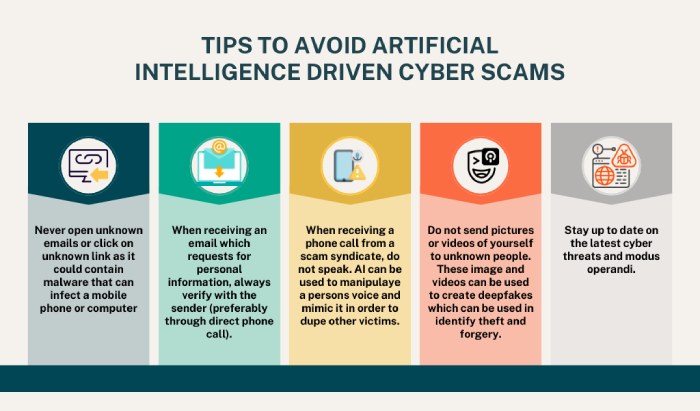What if one fine day, you wake up to an email where the sender claims to be a part of the Nigerian royal family and requests you to help them out of their financial distress? Well, you may be surprised to know that Americans have lost around $7,00,000 in this Nigerian Prince scam.
Also known by the name of Advance Fee Feud, Nigerian Letter or Foreign Money Exchanges, this scam has been robbing naive and empathetic people of their life savings for the last couple of decades.
With all the phishing awareness training movements and educational content doing the rounds on social media as well as in real life, offering phishing protection tips it was assumed that the Nigerian Prince was dead, i.e., the scam had finally died down. However, with the proliferation of AI in everyday life and its manipulation by phishing actors, the Nigerian Letter scam has all of a sudden been boosted.
How Is the Nigerian Prince Scam Breaking Your Bank?
This scam involves emails that try to play with your emotions by leveraging the human psyche. These emails revolve around the deteriorating health of royal figures or political conspiracies against them. You will be requested to help them financially. And of course, they will promise you to compensate for your efforts and money later on.
Basically, the threat actors try to tap into the human psyche and exploit emotions such as empathy, greed and heroism. They use words selectively so that you fall prey to their conspiracy and agree to extend monetary help. They believe that your greed to make the most out of this urgent situation, your heroic trait to be a savior for those in distress, or basic human emotion to take pity and lend a helping hand will definitely compel you to fall for the trick.
With time, the threat actors have slowly started shifting from Nigerian royal figures to global personalities and entities. People are now receiving emails not only from so-called royal figures but also from global leaders, diplomats, industrialists and so on.
How Did This Scam Start In The First Place?
Cybercafes were just starting out in Nigeria back in the 1900s. Meanwhile, Nigeria was going through an intense crisis. Oil prices were going drastically down, while there was a steep rise in unemployment. Lack of national social security, increased anarchy and political turmoils forced Nigerian locals to look for petty income options such as gig work, inhuman physical labor and phishing activities.
It was during this time frame that the Nigerian Prince Scam started doing the rounds. Back then there was no computer and hence the scam was being run by sending out letters to gullible victims. The content of these letters would largely remain the same, whereby a member of the royal family would get imprisoned for no reason whatsoever.
He would request the victim to send out some money so that he could bribe the prisoners. Also, he promised that he would be paying the victim a generous amount of money as a token of appreciation once he was free.
AI’s Royal Twist: Nigerian Prince Scam Gets a Tech Upgrade!
Generative AI has already been proven to be a boon for the threat actors who aim to attack unsuspecting individuals and organizations. Now, artificial intelligence is being used to enhance the content of the Nigerian Prince Scam to make the emails more relatable, flawless and pitiful.
With AI, the phishing actors are capable of curating emails that are free from spelling errors, typos and grammatical mistakes.
Besides, they use AI to add a certain tonality and create a sense of urgency so that the recipients are compelled to take action and fall prey to their scams.
AI is already known for its storytelling abilities, using which the phishing actors are sending out emails that actually strike the right cords of the recipients’ hearts.
Cybercriminals are known for their ability to stay one step ahead of you when it comes to technical hacks and loopholes. They have been experimenting with AI to produce “refined,” “enhanced,” and “credible” Nigerian letters so that more and more naive individuals get tricked because of the polished language and tonality.
How do you safeguard your data and money from the AI-backed Nigerian prince?
Artificial Intelligence has simplified things for these scammers. And now it’s your turn to self-educate and steer clear of the Nigerian Prince scam. Here’s how you can do it!
Never ever reply to “fishy” emails.
You may find it tempting to reply to these scam emails. However, this will backfire and further expose your email account to phishing actors. They will come to know that your email account is active, and thus they can try to crack into it all the more vigorously.
Be highly skeptical in the virtual world.
It’s okay NOT to trust anybody online. Be skeptical and judgemental. Simply ignore any offer that seems too good to be true. Don’t fall for the sob stories. There are multiple platforms like Humans of New York and fundraisers from which these phishing actors can scrape stories easily. Also, AI has the ability to make every story poignant enough to touch your heart.
Moral of the story: DO NOT trust anyone online.
Diversify your email accounts.
Don’t just diversify your investment portfolio. Pay attention to your email accounts, too.
Multiple email accounts with strong passwords make it difficult for the phishing actors to trace your details.
Don’t hit the “Accept” button blindly on social media.
Before you accept that connection request on LinkedIn, remember that not every DM and connection is a potential business opportunity. They can be scammers too, who are trying to access your personal and professional details so that they can later use the same against you in the Nigerian Prince scam.
Avoid sharing personal details publicly on social media.
In an era where building a personal brand on social media has become a non-negotiable necessity, it is crucial to keep a tab on all the information you are putting out there publicly.
Nigerian prince has been resurrected by AI. It’s crucial to ponder how well-equipped you are in terms of cybersecurity to shield yourself and your dear ones from this artificially created ruse.


